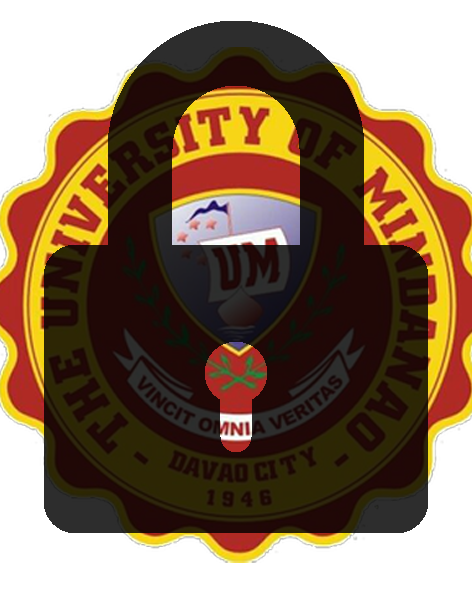Avante : Davao sports hub and recreation for youth self-actualization - a thermally comfortable hub through bioclimatic architecture

View/
Date
2023-04Author
Haban, Joshua P.
Keywords
Citation Tool
Metadata
Show full item recordAbstract
Numerous studies demonstrate the importance of a state-of-the-art sports facility in Schools that meets students' requirements and preferences, including sports achievement, thermal comfort, and indoor air quality. To address the issue, the researcher used a quantitative study approach to measure the existing heat conditions in selected school facilities in Davao City, Philippines, using field surveys and visual inspection. This research aims to estimate the thermal comfort of existing sports facilities utilizing the ISO 7730 standards, ASHRAE-55, and the Effective Temperature (Te) as an alternative for PMV and PDD. Calculate the thermal resistance of a construction material used in school buildings and sports facilities using the R-value. This study aimed to close these gaps by conducting a post-occupancy assessment of a sports facility's thermal comfort and indoor air quality. The insulating materials employed in the building envelope's principal components affect the thermal state of sports facilities. After evaluating the field results, an ideal solution may be developed to serve as a reference and design selection foundation for designers. Therefore, thermal sports facilities are strongly affected by the insulation materials employed in structural components. The main conclusion of this study is that good design and the installation of suitable base materials in indoor and outdoor activity spaces will significantly influence the sports facilities' thermal condition. This enables the recommendation of potential solutions to identify constraints and the formulation of policy directives that promote urban thermal comfort.
